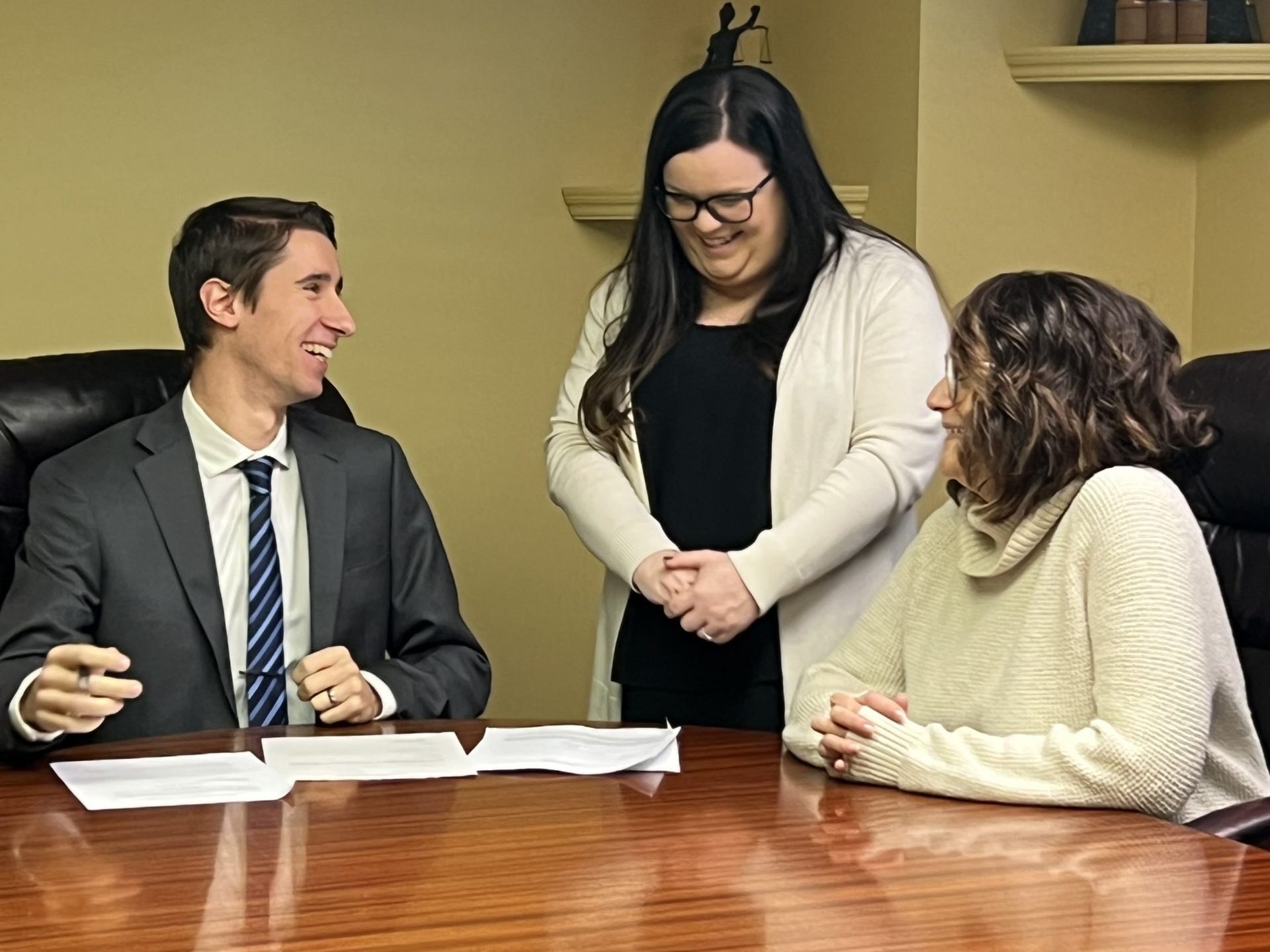What You Want to Know
Buzgon Davis attorneys offer their expertise for many real estate law services.
Real Estate Transactions
Our real estate lawyers handle both residential and commercial real estate transfers in Lebanon, Pennsylvania, and the surrounding communities. We will assist you with the following:
- Purchase and Sale.
- Development.
- Financing documents.
- Settlement.
For residential clients, advise your realtor or banker that you would like us to handle your settlement. We can provide the added comfort of knowing that your legal interests are being protected in one of the most important transactions of your life.
The Buzgon Davis team can also help you with property disposal as part of settling a deceased loved one’s affairs. Contact us to speak with our lawyers who handle estates and discuss the estate administration process.
Pennsylvania Landlord-Tenant Laws
Our team has extensive experience in this area and can help you negotiate complex issues such as the following:
- Eviction: We know the Pennsylvania tenant rights surrounding eviction. Our attorneys can help prevent wrongful evictions from Pennsylvania properties for both property owners and renters.
- Landlord-tenant disputes: Sometimes, issues arise surrounding miscommunication, privacy and other expectations. When you need advice from landlord-tenant lawyers in Pennsylvania, Buzgon Davis is the place to get it.
- Leasing: Our attorneys can help you craft better leases for tenants to reduce issues proactively. We can also review lease terms before you sign them to ensure you’re protecting your best interests.
- Abandoned property: Buzgon Davis attorneys understand the abandoned property laws in Pennsylvania. Whether you’re dealing with a tenant’s goods or want to make proper notice of voluntary abandonment, you can count on our team for guidance.
Land Characterization
Our compassionate and highly qualified attorneys help with land characterization challenges like:
- Assessment issues.
- Litigation.
- Land use.
- Zoning, including variances and special exceptions.
- Condemnation.
Get Experienced Real Estate Representation From Buzgon Davis
Whether you need a tenant representation lawyer, Pennsylvania estate planning attorneys or expertise for your Lebanon land transfer, we can help. Schedule a consultation at our Lebanon office where we can discuss your needs and advise you on next steps.
Submit an information request online or call us at 717-467-4994 to schedule your confidential appointment.
Speak With an Attorney




